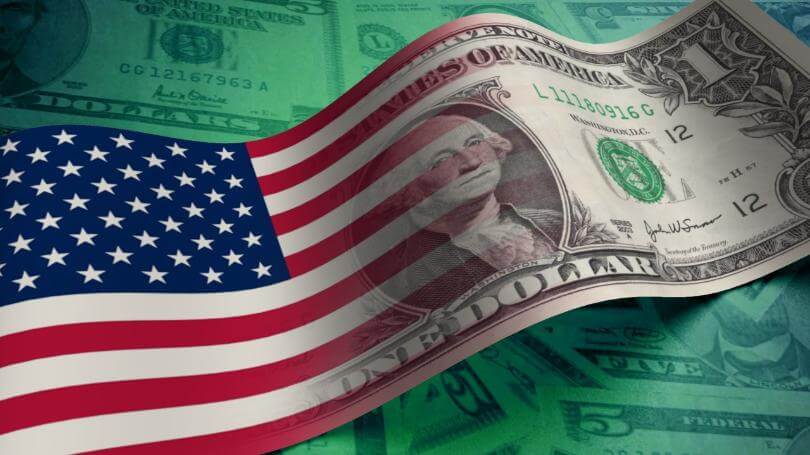- October 13, 2025
- Posted by: Regent Harbor Team
- Category: Global Economy

Contents
The Mysterious Economic Pause
The usual torrent of economic indicators that Wall Street relies on has dried up, owing to a federal government shutdown. In this unusual information drought, investors are looking to an unexpected yet vital source for a glimpse into the U.S. economy: the forthcoming third-quarter earnings from America’s major banks, due next week. These financial powerhouses suddenly carry the burden of shedding light on an otherwise obscured economic scene.
Market Conditions: A Delicate Balance
This crucial earnings season coincides with the S&P 500 being in its third year of a bullish market. However, the stability feels tenuous. Equities have recently stumbled, with Friday’s decline sparked by renewed trade tensions. The market’s valuations are at a five-year high, especially around tech and AI sectors, prompting concerns of it being “overbought” and primed for a correction. Analysts argue that the longevity of this upward trend depends entirely on genuine corporate profits.
The current prediction is an 8.8% increase in earnings for S&P 500 companies this quarter. However, can these results justify the existing optimism and provide a solid basis against potential market weaknesses?
Banks: The Economy’s Pulse
Why do banks play such a pivotal role in this narrative? They essentially act as channels of national economic activity. Institutions like JPMorgan, Goldman Sachs, Wells Fargo, Citigroup, Bank of America, and Morgan Stanley are set to reveal their Q3 numbers. These results offer a direct view into consumer spending and loan demand.
Strong performances might reassure investors that, despite weak labor data leading the Federal Reserve to lower interest rates, the economy isn’t necessarily shrinking. But, any weaknesses might suggest deeper, systemic problems.
Economic Indications from Banks:
- Consumer Spending Habits
- Demand for Loans
- Economic Growth Prospects
The Invisible Strain of the Shutdown
The ongoing government shutdown, now into its second week, poses more than just a political disagreement; it’s a significant hurdle to economic clarity. Essential data releases, including the revered monthly employment report and the inflation-monitoring Consumer Price Index (CPI), have been delayed or suspended. This absence of data forces greater reliance on corporate earnings, making the forthcoming bank reports not just about corporate specifics but national economic trends.
The longer this persists, the riskier the economic situation becomes. Besides financial markets, even essential travel infrastructure feels the pinch. The CPI report, postponed to October 24th, provides a small glimmer of hope for official data, yet the broader picture remains blurred, compelling analysts to infer from corporate findings.
Concluding Observations
In this period of elevated uncertainty – with trade tensions, high market valuations, and scant economic metrics – the earnings reports of America’s banks will be scrutinized like never before. They are no longer merely presenting their outcomes; they are, for now, the principal source of economic reality. Investors will keenly listen for any evidence indicating that the market’s slow ascent rests on solid footing.
For more detailed insights, you can read the full article here.
About the Author
Alexander has spent three years in the crypto industry, consistently showcasing his expertise in market trends and tech innovations. His fervor for cryptocurrencies is both professional and personal. He diligently follows sector news, analyzes trends, and eagerly anticipates blockchain advancements. His passion propels him to continually educate and enlighten others, viewing digital finance as pivotal in global transformation.
For more insights, visit Alexander’s profile.
